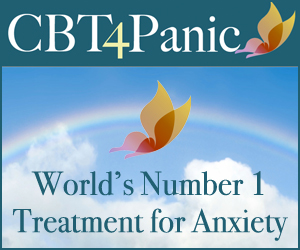Telling Your Family About A Mental Health Issue
Due to the many stigma attached to mental health issues, it can sometimes be hugely difficult for a sufferer to confide in individuals about their condition. They may feel that their confession will be laughed off as being all in the mind, or that it will change the way people look at them. In many cases the fear will be disproportionate to reality – but then, this is how mental health issues affect people.
There is a traditional opinion that mental health issues are somehow less serious than physical conditions. Because a physical condition is usually something that can be seen, there is a tendency to rate them as being more serious than mental health issues. But depression, OCD, SAD and others have affected people so badly that they kill themselves – so it is only right that they are treated seriously too.
In most cases, the anxiety over telling a family member of a mental health condition will be misplaced. They will be concerned for the sufferer and want them to get better. As yet, widespread understanding of mental health issues is not uniformly great, and it may take more explanation than a physical condition. However, in the end the family member will want their brother, son, wife or other family member to feel better, and will learn what they can to help them.
Aside from this, a family has a right to know that their relative is ill. They would be horrified if the secret went to the grave and they had not had a chance to help. It may be difficult to face up to, but telling family is important.














